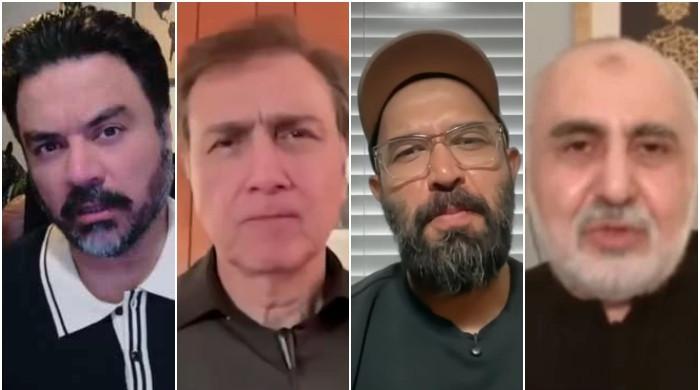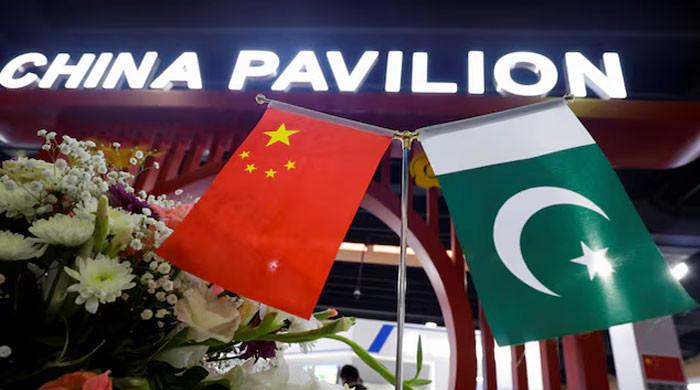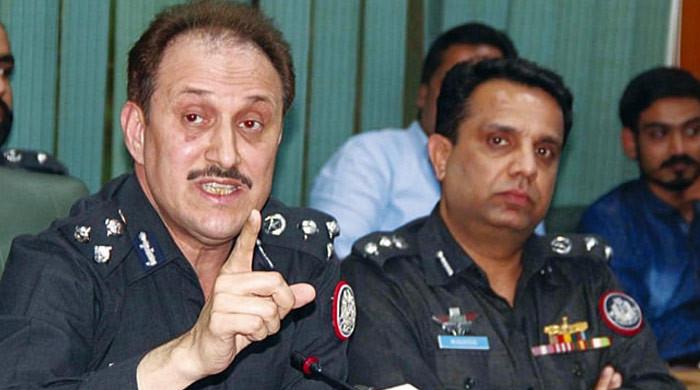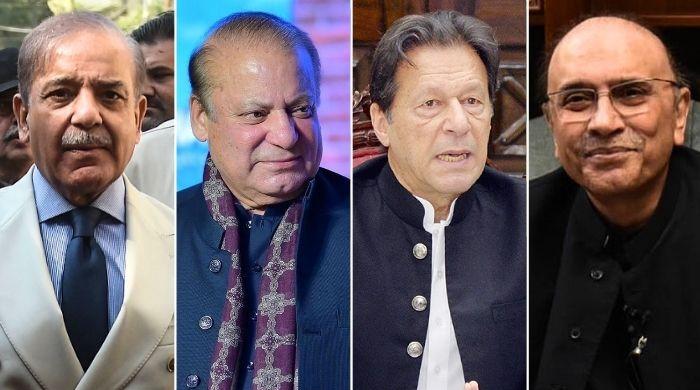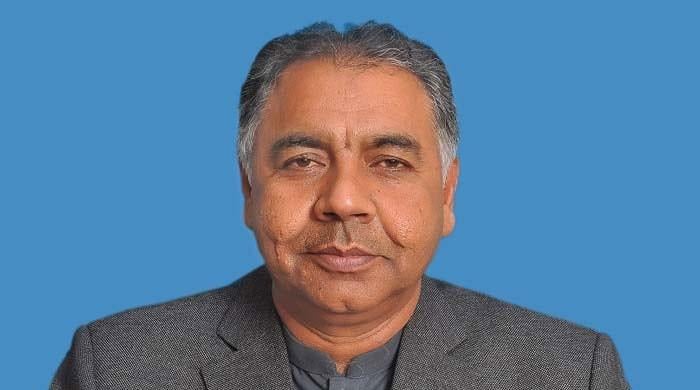Pakistan must engage the European Parliament on Kashmir
There has been a recent convergence of interests between BJP and right-wing parties in European Parliament
October 03, 2019
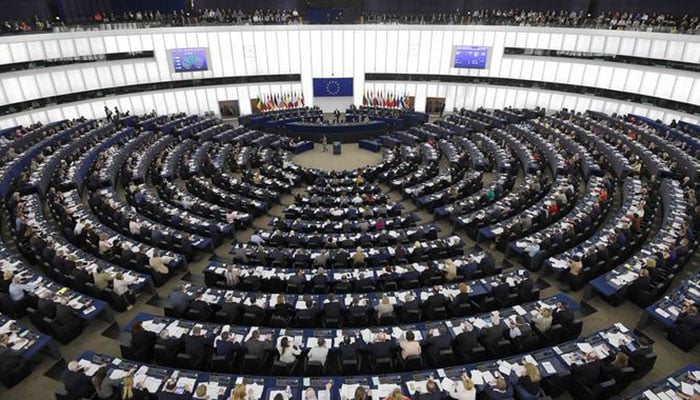
The anti-Muslim discourse, loaded with Rashtriya Swayamsevak Sangh (RSS)/Nazi philosophy, often espoused by the Indian Prime Minister Narendra Modi’s political party, is leading to an ideological alliance between the political right and the far-right in Europe.
The common grounds between Europe and India's rightwing political parties is hatred against Muslim and Islam. The right-wing in Europe targets Muslims communities to expand their political base and sharpen contradictions between Muslims and the local European population. Populist politicians, pursuing the policy of hatred in Europe, have had some success as well.
The philosophy of hate, and declaring Muslims communities responsible for Europe's troubles, provide the basis to fascists to build a grand narrative against the Kashmiris struggle for self-determination in India.
Modi's narrative concentrates on Islamic extremism and terrorism. This is an easy idea to sell because Europe has been a victim of terrorism, perpetrated in the name of Islam.
Recently, there has been a convergence of interests between BJP and right-wing parties, and groups in the European Parliament, where the far-right politicians have supported India’s position on occupied Kashmir.
The far-right political group, named the Identity and Democracy Group, is the fifth largest group in the European parliament. It is made up of nine far-right European parties and takes up 73 seats in the parliament. These political parties do not hide their racist, fascist agenda and intention to eject Muslims and other minorities from Europe.
Earlier this month, a debate on Kashmir in the European Parliament's plenary session, in Strasbourg, demonstrated an ideological divide in the House. The European Parliament consists of eight political groups: three left, three right, one liberal and one non-aligned.
Despite the worst human rights situation in the disputed valley of Kashmir, and the acknowledgement by the UNHRC in two details reports in 2018-2019, the Identity and Democracy Group's members continue to endorse Modi’s stance.
A member of the Indian diaspora community Nina Gill and Dinesh Dhamija have even criticised Pakistan for incorporating the territory of Gilgit-Baltistan and discriminating against minorities.
Geoffrey Van Orden, a former president of the Indian delegation in the European Parliament, has also fully supported India's action and revocation of Article 370 and 35, calling Indian occupied Kashmir a part of the Indian Union.
However, condemnations of human rights violation in Kashmir came from the left during the debate. The left-leaning groups called out Indian brutality and the use of excessive force against Kashmiris. Some members of the parliament also demanded that the lockdown, curfew, restriction be lifted immediately.
The former president of Romania said the situation in Kashmir was alarming, while Shaffaq Mohammed, a Kashmiri, demanded the Kashmiris be given the right to determine their own future.
In the end, an overwhelming majority of MEPs demanded that India lift the curfew, lockdown, restore essential services and resolve the Kashmir issue through negotiation.
What can Kashmiris do to convince the international community?
Kashmiris must engage the European legislature to help resolve the issue. Except for far rightwing MEPs, the majority is convinced that it is a purely a human rights issue in Kashmir.
There is widespread support in EU to resolve the Kashmir issue. The European Parliament and EU are fully aware of the situation in occupied Kashmir, with the European Parliament already passing a resolution to investigate the mass graves in occupied valley.




